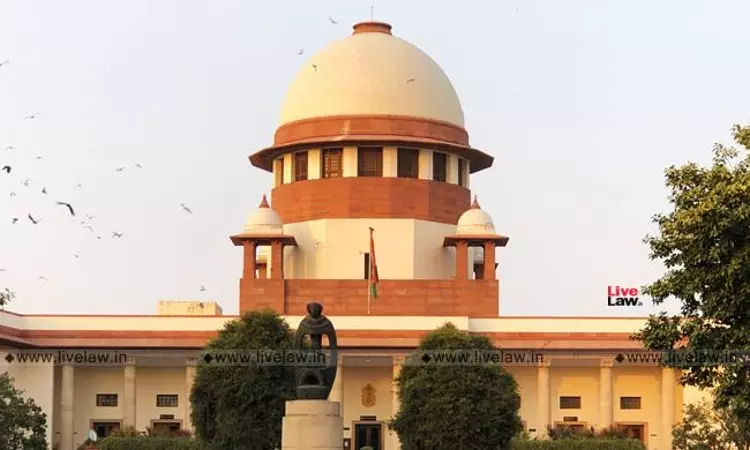Supreme Court Releases Man Incarcerated For 12 Years After Finding That He Was A Juvenile At The Time Of Offence
Sheryl Sebastian
8 Sept 2023 1:06 PM IST

The Court noted that the maximum period of sentence of imprisonment that can be awarded to a juvenile is three years.
Next Story


